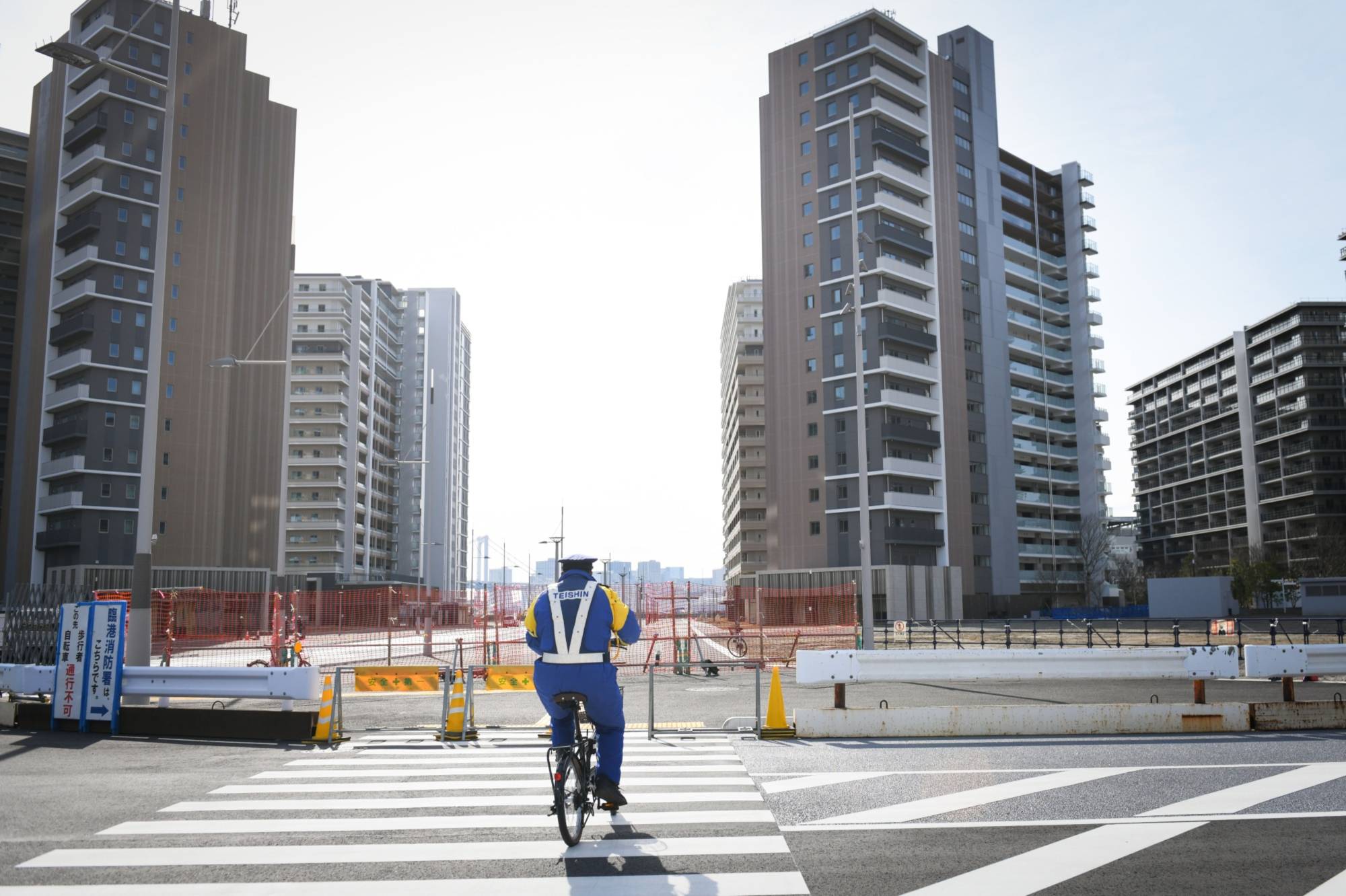The Tokyo Summer Olympics has survived being postponed, a mountain of scandal and bad publicity. Now comes the real challenge: pulling off the world’s biggest sporting event safely in the middle of a pandemic.
When the games kick off on July 23, COVID-19 will still be a global reality. Even with the decision to exclude foreign spectators, more than 60,000 athletes, coaches, national team staff, media and other essential workers will converge on Tokyo from more than 200 countries — each with different rates of transmission, vaccination and viral variants.
"Based on the number of people arriving and the prevalence of the disease around the globe, the Olympics absolutely could become a superspreading event that leads to quite a number of infections, as well as spreading internationally as people return home,” said Spencer Fox, a research associate at the University of Texas, Austin, who specializes in infectious disease modeling. "The precautions they have in place are great, but you can never completely reduce the probability of infections.”


















With your current subscription plan you can comment on stories. However, before writing your first comment, please create a display name in the Profile section of your subscriber account page.